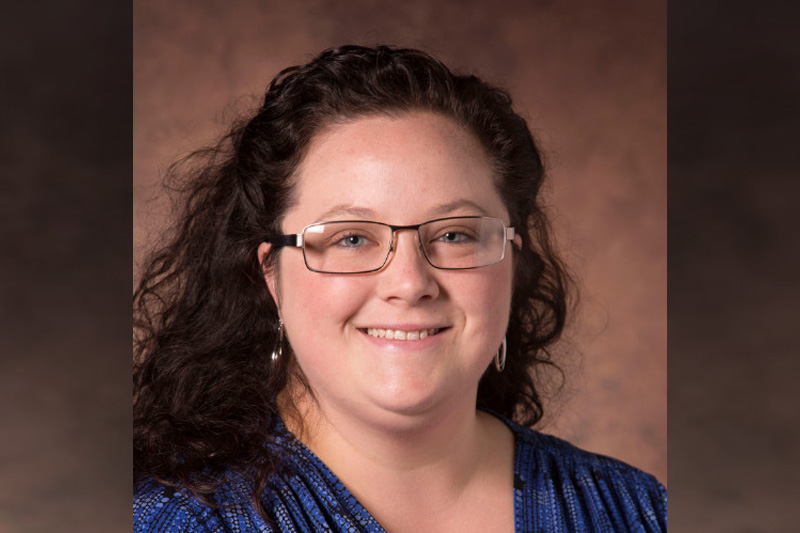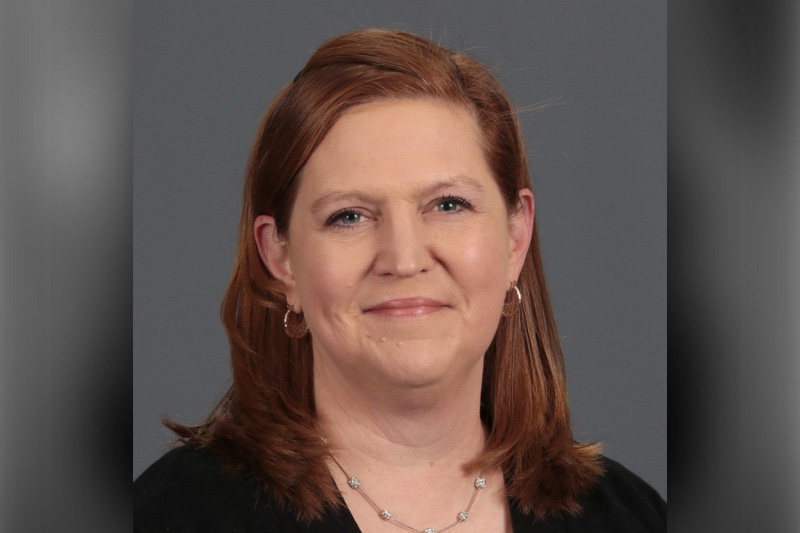What you will study
The University of Central Missouri’s Juvenile Justice minor prepares you to enter
a field that is shifting its focus from punishment to trauma-informed care and rehabilitation.
Through your coursework and experiential learning opportunities, you’ll study addiction,
resilience, law and policy, health care, international policies and human services
to inform your professional approach in this evolving field.
As part of UCM’s commitment to provide you with an education that spans the entire
system of criminal justice, you’ll take juvenile justice courses that give you a well-rounded
understanding of the field and the issues present within it. Your undergraduate classes
may include:
- Family Systems and Lifespan Development
- Youth Culture and Development
- Introduction to Juvenile Justice
- Juvenile Corrections
- Dynamics of Delinquent Behavior
Excellence in Juvenile Justice
- A Highest Paid Bachelor's Degree among Criminal Justice & Corrections Graduates in Missouri (College
Factual, 2022)
- #2: Best Criminal Justice School in Missouri (College Factual, 2022)
- #2: Best Value College for Criminal Justice in Missouri (College Factual, 2022)
- #1: Most Popular Bachelor's Degree Colleges for Homeland Security, Law Enforcement & Firefighting
in Missouri (College Factual, 2022)
- Top 7.5%: Most Popular Colleges for Criminal Justice & Corrections (College Factual, 2022)
- Among the Best Homeland Security, Law Enforcement & Firefighting Schools in Missouri (College Factual, 2022)
- Among the Best Value Bachelor's Degree Colleges for Homeland Security, Law Enforcement & Firefighting
in Missouri (College Factual, 2022)
Unique learning opportunities in juvenile justice
See classroom concepts brought to life at the University of Central Missouri. The
Juvenile Justice minor program includes learning opportunities that show you how textbook
lessons apply to real life through engaging experiential activities.
- Field trips: Some of your courses will take you into the community to visit places such as juvenile
courts, correctional facilities and other organizations that serve youth. This allows
you to get a sense of the sights, sounds and operations of a juvenile justice agency.
- Internships: Add an internship to your learning plan. Work in school districts, the Missouri Division
of Youth Services and more to get a sense of what it’s like to focus your career in
the juvenile justice field.
- Study tours: Learn how the correctional system and law enforcement operate around the world in
faculty-led study tours to countries such as South Korea, Italy, France, Japan, Turkey,
Alabania, Croatia and more.
- Juvenile Justice Association: This student group gives you the opportunity to volunteer within the juvenile justice system and start
making a difference even while still in college. Visit local and regional juvenile
justice agencies and courts to discover how they work. You’ll also talk about what
you learned in group discussions and develop professional resources and networks to
help your career growth after graduation.
What can you do with a minor in Juvenile Justice from UCM?
UCM alumni who have completed a minor in Juvenile Justice have found successful employment
at organizations such as:
- Compass Health Network
- Juvenile courts
- Juvenile probation offices
- Missouri Department of Mental Health
- Missouri Division of Social Services - Children’s Division
- Missouri Division of Youth Services
- Youth social service agencies
If you choose to continue your education before entering the workforce, the Juvenile
Justice minor paired with a related major will prepare you to enter a graduate program
that focuses on providing youth services.
Juvenile justice jobs
Explore job possibilities in juvenile justice using the interactive tool below. You
can also learn about projected job growth in the field, salary details and career
paths.
Financial assistance options for your Juvenile Justice minor
The University of Central Missouri sets you up for success right from the start. We
offer affordable, competitive tuition and a wide range of options to help you finance your college education. That means you’ll graduate with a high-value degree and fewer student loans than
students at other institutions.
Work with our financial aid counselors to explore educational funding for your undergraduate
degree. You may be eligible for scholarships, grants, tuition awards, federal financial
aid and more.
Additionally, UCM’s Alumni Association offers scholarships specifically to students
in certain undergraduate programs and majors. You can learn more about program-specific
scholarships at the UCM Scholarship Finder.
Meet Faculty Member Dr. Eddie Cho
International juvenile justice expert
Dr. Cho passes along his extensive knowledge about international juvenile delinquency
during the Criminal Justice and Criminology department’s faculty-led study tours to
Japan and South Korea. On those trips, he’s able to reference his time serving in
law enforcement in South Korea to provide students with global criminal justice perspectives.
Meet Our Faculty
Meet Faculty Member Dr. Angela Collins
Faculty sponsor for the Juvenile Justice Association
Dr. Collins brings her expertise to students outside the classroom as an advisor to
UCM’s Juvenile Justice Club. She has also spent time working with community organizations
such as The Victim Center and Kids Learning About Social Skills. In the classroom,
she teaches Juvenile Law and Policy and Introduction to Juvenile Justice.
Meet Our Faculty
Meet Faculty Member Dr. Lynn Urban
Three years at St. Louis City Family Court - Juvenile Division
Dr. Urban served for 10 years as a program evaluator for the Parents and Their Children
program at the Chillicothe Correctional Center in Missouri. She’s also well-published
in topics related to justice-involved youth, including juvenile sentencing and transfer
practices, and evaluations about the effectiveness of juvenile court programs.
Meet Our Faculty
leftright















